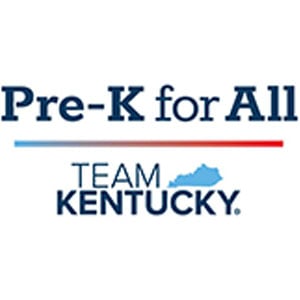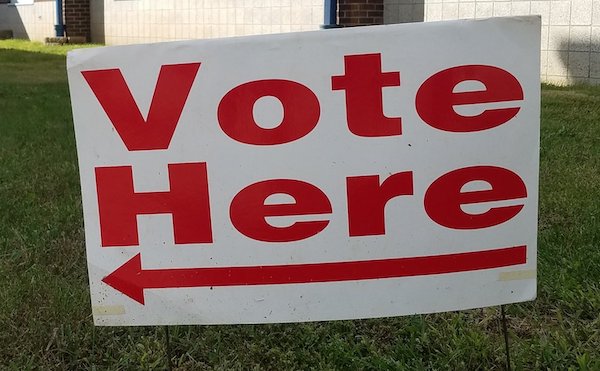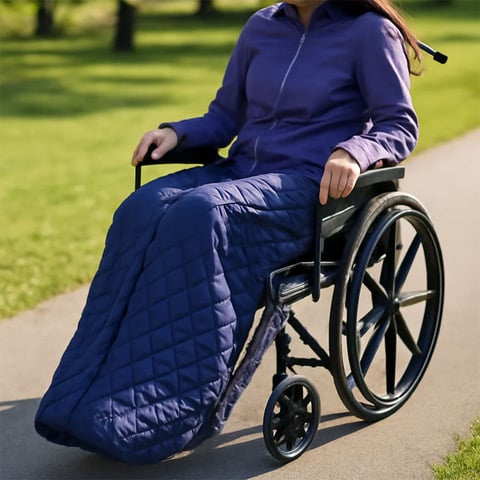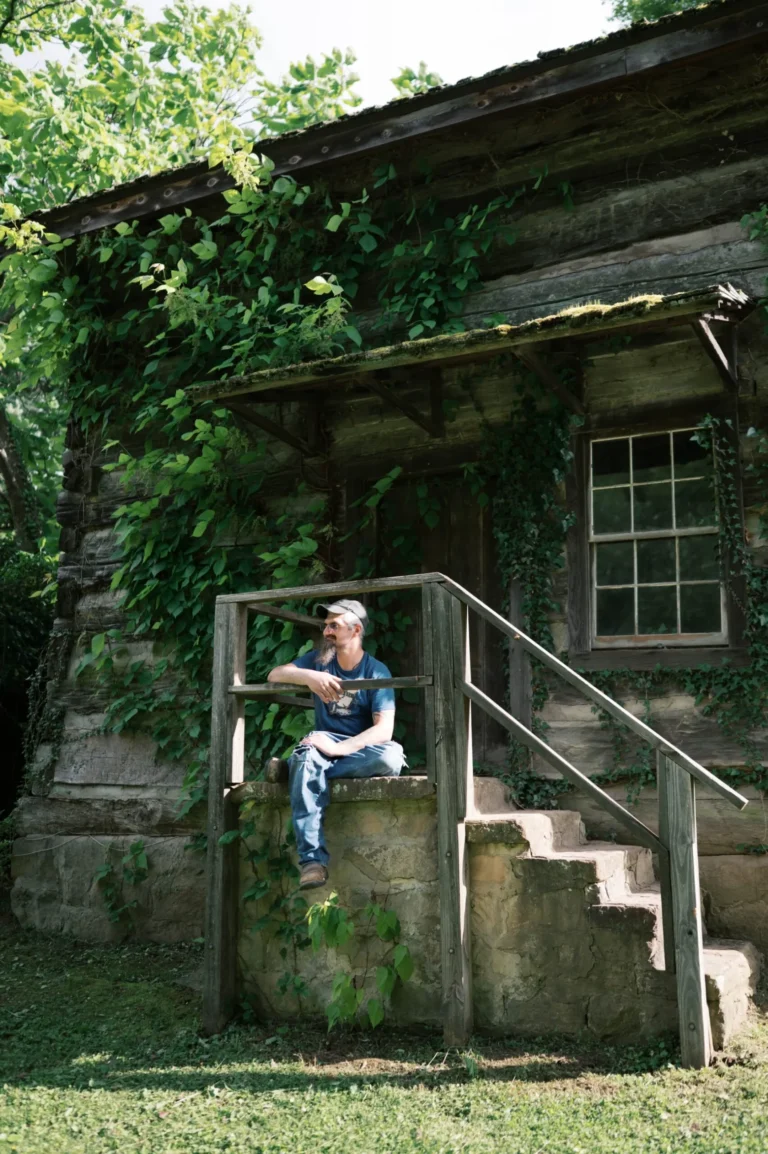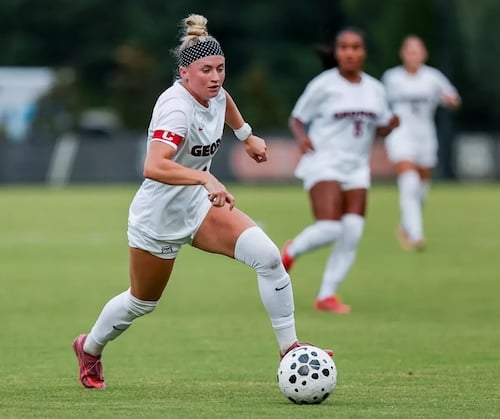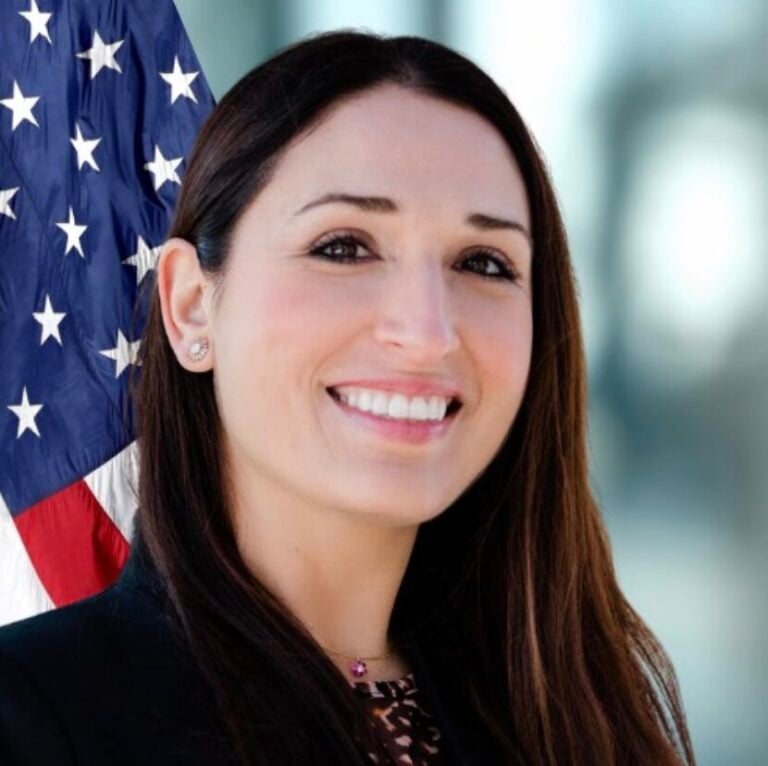As the school year winds down, students across Kentucky are juggling more than just end-of-year tests. They’re facing finals, college decisions, scholarship competitions, and the mounting pressure to finish strong. It’s a season of high expectations — and high stress — for students of all ages.
Then comes summer. The structure and support built into each school day disappears, and the protective safety net that schools often provide gets pulled back. For students who are already struggling, this transition can be especially difficult. And for students living in poverty or those from marginalized communities, summer doesn’t just bring a break from the classroom—it brings a break from stability.
Students who rely on schools for free breakfasts and lunches are suddenly left without consistent meals. For many, school is also where they find their closest friends, their most trusted adults, and the peer groups that make them feel safe, seen, and supported. For LGBTQ+ students, students of color, and those who face bullying or instability at home, school might be the only place where they can truly exhale. That loss of daily connection can be deeply isolating — and it can be dangerous.

I cannot and will not speak for the Board or the District, but from my own experience, I know that in Boone County — as in many public-school districts throughout the country —student well-being has long been a top priority. Our educators and staff support whole children, not just academic success. They see firsthand how trauma, anxiety, depression, and lack of resources impact a student’s ability to learn and thrive.
Unfortunately, much of this work happens behind the scenes. There’s a public perception that schools have been slow to act on student mental health, but I’ve seen the opposite. Many districts have long-standing internal task forces focused on mental health and suicide prevention, working quietly and tirelessly to build community partnerships and get resources into students’ hands.
In Boone County, we’re fortunate to have one of those partnerships through Ethan’s Purpose, which is funding peer-led Hope Squad programs in all of our middle and high schools. These programs are a critical step — not only in suicide prevention — but in helping erase the stigma around mental health and self-care. Students are more likely to turn to a peer when they’re struggling, and Hope Squad trains students to recognize the signs and connect their classmates to trusted adults.
But stigma remains one of our greatest obstacles. Far too many families still view mental health services, therapy, or even asking for help as something to be ashamed of. That silence can be deadly. We have to normalize talking about mental health just like we would physical health. Asking for help is not a failure — it’s a sign of strength, and it should be met with support, not judgment.
We also have to be honest about the limits of our public-school systems. While schools have become de facto centers for everything from food security to emotional support, they cannot— and should not — bear the burden alone. We must ask the harder question: where does the school’s responsibility end, and where must families and communities step in?
Lately there has been a loud demand from some parents that schools to focus solely on reading, writing, and math — nothing else, until a crisis happens. Then, suddenly, it’s the school’s fault. But we can’t have it both ways. If we want schools to be part of the solution, we must give them the fully funded resources, trust, and flexibility they need to act—not just react.
At the same time, families must be empowered and engaged. That means having regular, open conversations with kids, knowing who their friends are, monitoring their digital activity, and maintaining strong communication with school staff. It also means attending community trainings — like QPR (Question, Persuade, Refer), or workshops on technology, mental health, and substance use — so they’re equipped to recognize warning signs and take action.
And yes, the basics still matter: secure firearms and medications. These are small steps that save lives.
Across Kentucky, community organizations are stepping up where state support often falls short. But prevention isn’t about one program or one person — it’s a collective effort. Mental health isn’t a school issue or a home issue. It’s a community issue.
We must reject the stigma that keeps too many students and families suffering in silence. We must speak openly, act boldly, and show up consistently. Because mental health support doesn’t end when the school bell rings — and it doesn’t take a summer break.
If we truly believe in doing what’s best for kids, then we have to commit to showing up for them every single day, not just in moments of tragedy. Schools, parents, community partners, and policymakers — we all have a role to play. And it’s time we own it.
Carolyn Hankins Wolfe is Boone County Board of Education member, Division 1.












